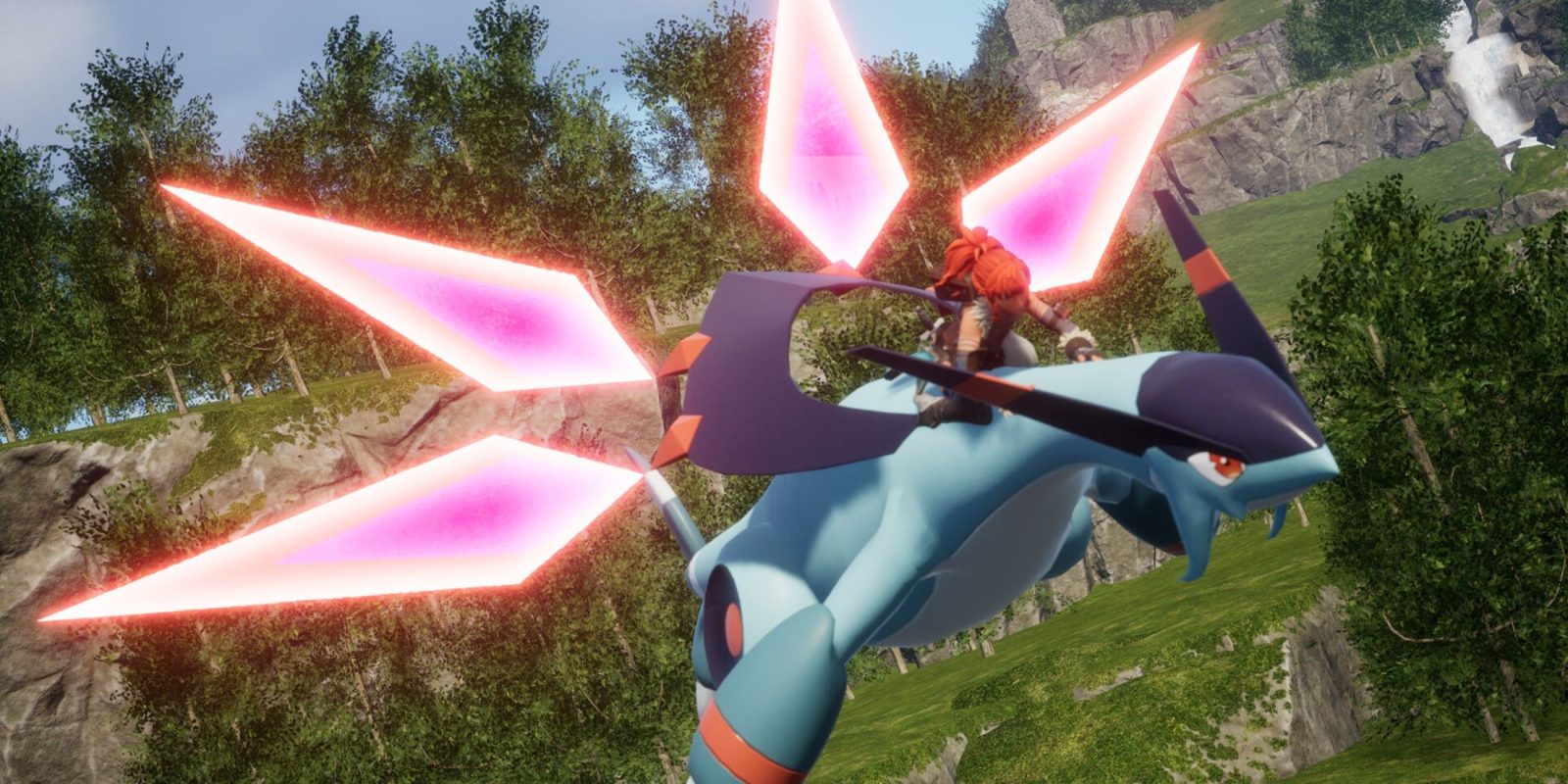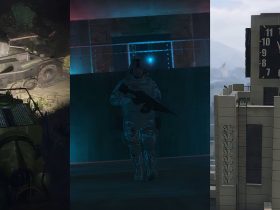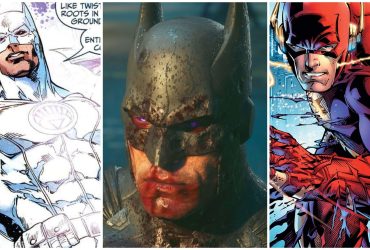The nominees for 2024’s The Game Awards have been officially announced, and a number of the year’s biggest games are being honored. There are plenty of predictable names among the most accoladed, including Final Fantasy 7 Rebirth and Metaphor ReFantazio, but not every runaway hit from this year has been recognized as worthy of a GOTY nod.
One of the biggest “snubs” this year is Palworld, an almost unbelievable breakout success in the indie space. The game sold more than 25 million copies during its first month alone, making it an undeniable darling, and yet it has not managed to draw any nominations for TGA 2024, which is bound to raise some eyebrows among those following the game’s journey. Though Palworld has been mired in controversy as a result of its similarities to Pokémon (something that has now resulted in a high-profile lawsuit from Nintendo), there are other reasons for its absence from The Game Awards, which actually make a good bit of sense. Whether these reasons are enough to justify its omission, especially in this ever-changing games industry, is another question, however.

Related
Palworld’s Multiplatform Efforts Could Be the Basis for a Game-Changing Feature
With Palworld set to be playable on mobile devices, PC, and consoles, the game may be set up for a big multiplayer-related feature.
Palworld Is Still In Early Access
Early Access Games Don’t Tend To Be Nominated for The Game Awards
Though Palworld may be deserving of a TGA nomination as-is, its status as an early access title is likely what precludes it. The ongoing lawsuit between Pocket Pair, Palworld‘s developer, and industry titan Nintendo might not exactly help its case, but there’s evidence that it wouldn’t have been nominated regardless of these litigious circumstances.
Perhaps the strongest argument in favor of this theory is Hades 2, which has not been nominated for any TGA awards despite enjoying near universal acclaim and not suffering any real controversies. Although early access titles aren’t explicitly prohibited from being nominated, with The Game Awards’ website describing “any game available for public consumption by the deadline” as being eligible for nomination, there’s some logic behind the relative rarity of early access games cropping up during the ceremony.
Should Early Access Games Be Considered for The Game Awards?
The standards and general cultural interactions surrounding early access games has changed quite a bit over the past few years. Though a game like Hades 2 is obviously incomplete in some ways, it is also incredibly rich with content, boasting more polish, gameplay variety, and fine-tuned balance than many fully-priced, “finished” games. Though not as prestigious, many of these same praises can be sung about Palworld, which has proven more captivating than many other survival games, even those in 1.0 or higher.
But these are exceptions in the early access space. The expectations for early access titles, at least those from independent or underfunded developers, should generally be set a bit lower. After all, while games like Baldur’s Gate 3 and Hades made great use of early access and received heaps of praise long before their alpha state, they were still technically incomplete. There’s a reason that most outlets and content creators don’t review early access games without some sort of disclaimer: they are not representative of the product in its entirety.
So, if an early access build isn’t representative of a product’s final state, it can be tricky to consider it for a Game Award. The lowered expectations for early access titles complicate matters further, as much of an early access game’s strengths relate to its potential, what it promises to offer to players down the road. Additionally, being nominated for an award while in early access may mean that a game is excluded from the same award upon its full release. Conversely, a game could “double dip” at The Game Awards once hitting 1.0, giving it an unfair advantage over its competition.












Leave a Reply